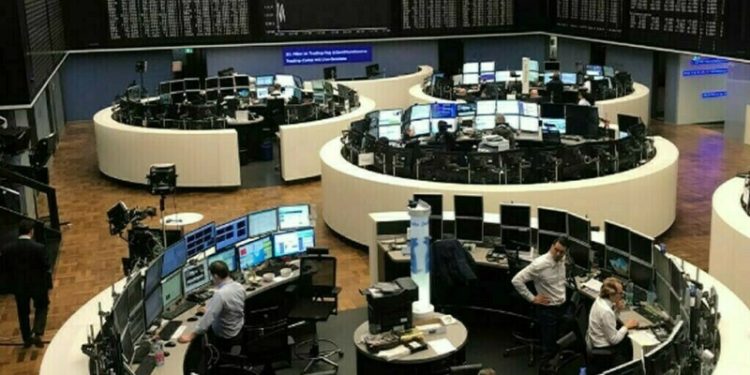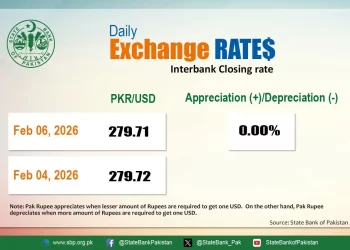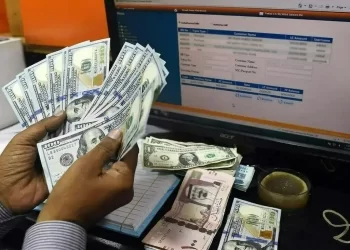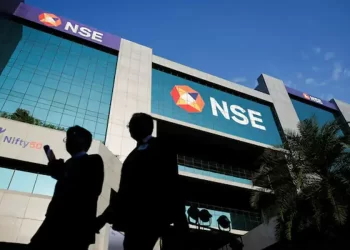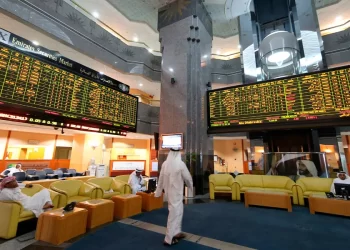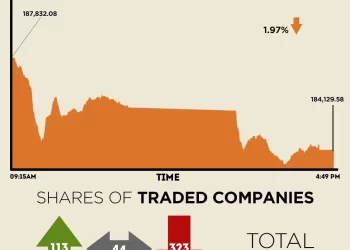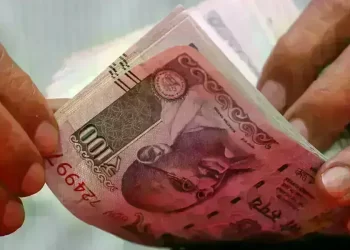FRANKFURT: European shares slumped on Friday, with the benchmark STOXX 600 and Germany’s DAX confirming correction territory, as China’s retaliation to sweeping US tariffs intensified fears of a global recession triggered by the trade war.
China announced a slew of countermeasures against tariffs imposed by US President Donald Trump, including additional tariffs of 34% on all US goods and curbs on export of some rare earths after the US slapped reciprocal levies on trading partners on Wednesday.
The pan-European STOXX index closed 5.1% lower, its biggest daily loss since the COVID-19-fuelled selloff in 2020. The index fell nearly 12% from its March 3 all-time closing high, confirming it was in correction territory.
The index’s weekly loss of more than 8% was also its worst in five years as investors shunned risk and sought safe-haven assets. Euro zone government bond yields dropped sharply.
Germany’s DAX and the euro zone blue-chip index also confirmed they were in a correction, dropping 5% and 4.6%, respectively.
A gauge of euro zone stock market volatility rose 8.68 points to 34.2, its biggest one-day spike in over two years.
“There’s only been a handful of times when risk aversion has gotten worse than it currently is,” said Benjamin Ford, strategist at Macro Hive. “One was during the great financial crisis, the other was during COVID-19.”
The tit-for-tat tariffs between the world’s largest economies mark a sharp escalation in the global trade war that threatens to raise prices, upend supply chains and squeeze corporate profit margins.
The response from other nations is now in focus. France’s industry minister called for a proportionate but firm response, and said Europe remained open to negotiating a solution.
“Europe might move a package to support their wider economy … Long-term, it really is going to come down to who retaliates (against the US) and who just looks to support their economy,” Ford said. Traders have ramped up bets on interest rate cuts from the European Central Bank to shore up economic growth.
Traders now see a chance of nearly 90% of the ECB making a quarter-point rate cut later this month, along with two more reductions widely expected by year-end.
